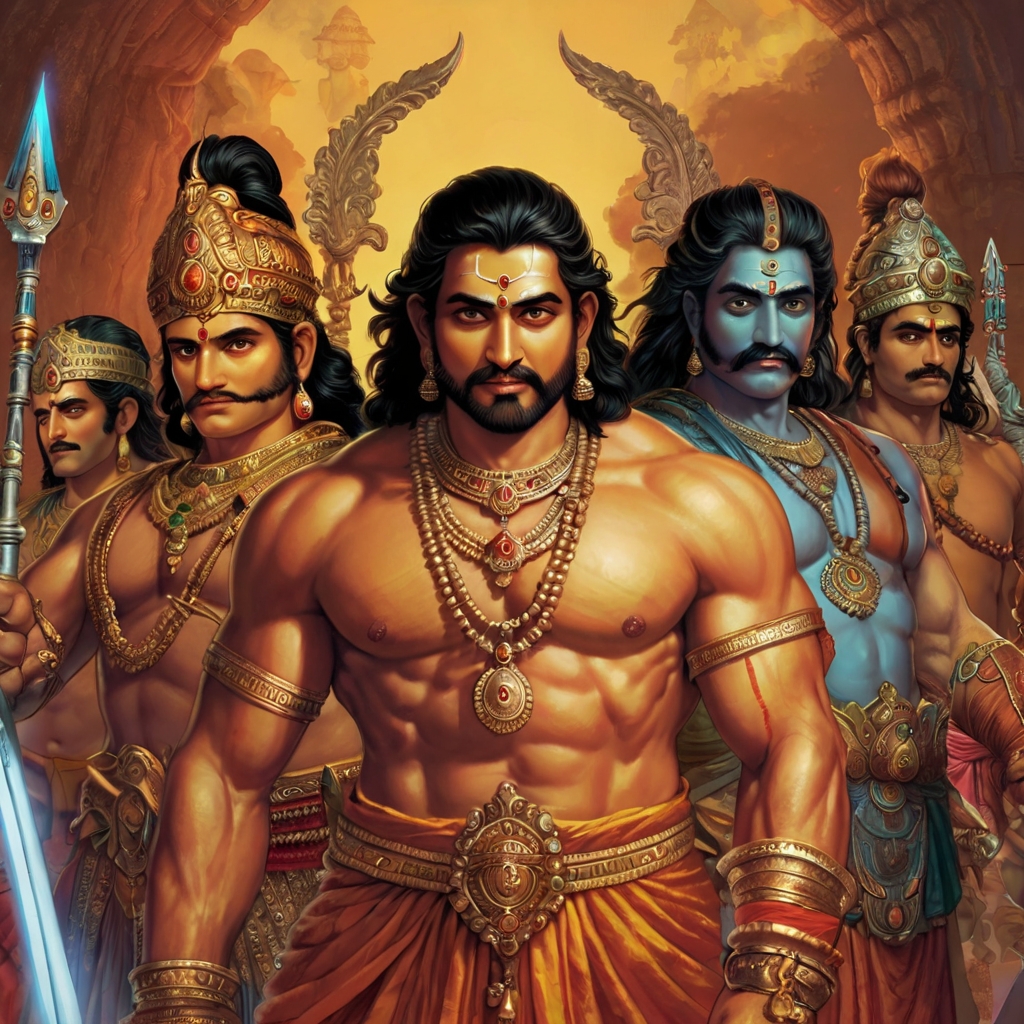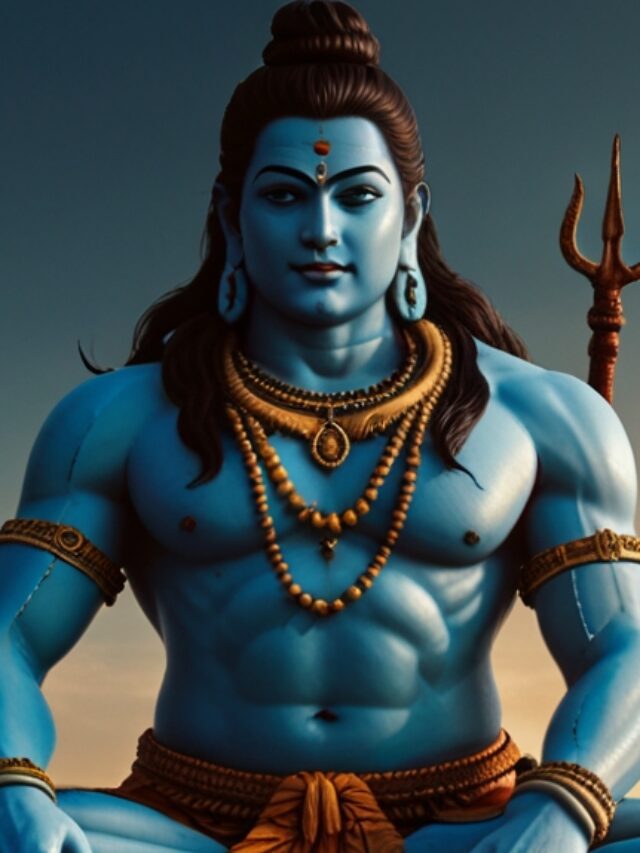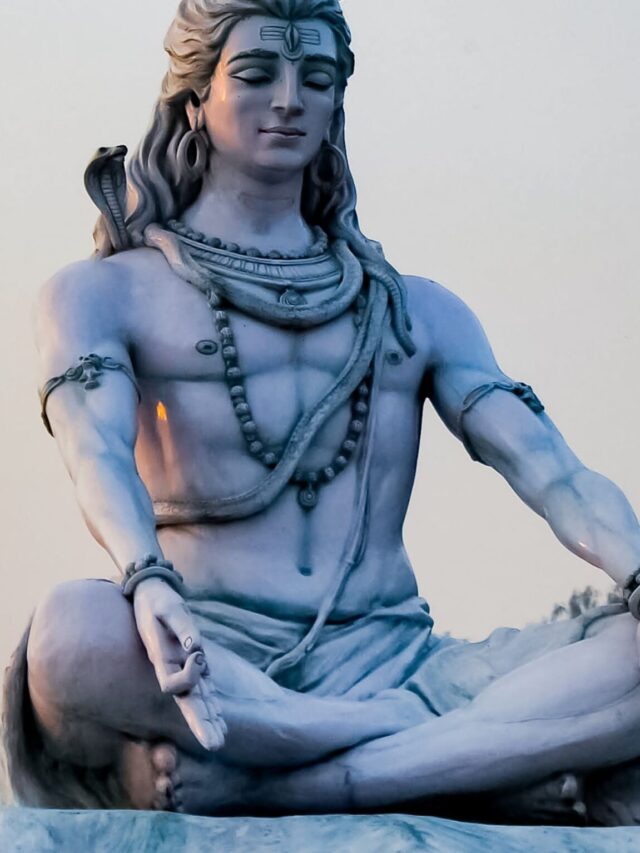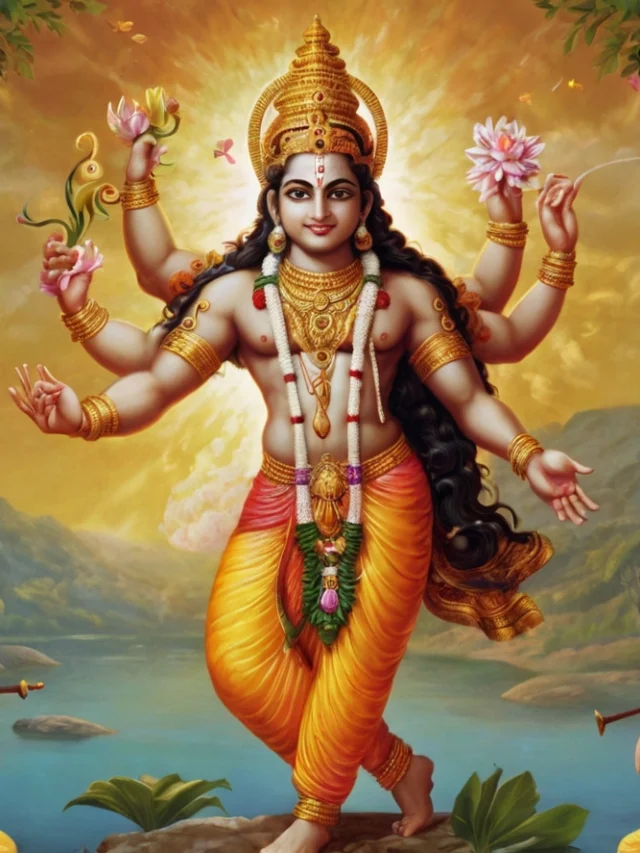Discover the grand arrival of the Pandavas in Hastinapur, their warm reception, and the beginning of a fateful journey that would change the course of the Kuru dynasty forever.Explore the intense rivalry and hatred between Duryodhana and Bhima.

Arrival Of The Pandavas In Hastinapur
The entry of the Pandavas into Hastinapur marks a pivotal moment in the Mahabharata, one of India’s greatest epics. After spending their early years in exile following their father’s death, the Pandavas’ arrival in Hastinapur is a significant event in their journey towards reclaiming their rightful place in the Kuru dynasty.
Background and Context: The Pandavas, five heroic brothers, are the sons of Pandu and his wives Kunti and Madri. After the untimely demise of their father, the young princes, accompanied by their mother Kunti, were raised in the forest by sages. During this period, they received extensive education and training in various arts, sciences, and warfare. Their return to Hastinapur was orchestrated by Bhishma, the grand-uncle of the Kuru dynasty, who believed that the Pandavas should grow up in the royal court and receive their due share of the kingdom.
Arrival and Reception: Upon their arrival in Hastinapur, the Pandavas were greeted with great honor and affection. Bhishma, Vidura, and other elders of the Kuru family welcomed them warmly. The citizens of Hastinapur, too, were delighted to see the young princes, whose valor and virtues were already becoming legendary. Their arrival brought a new hope for the prosperity and stability of the Kuru dynasty.
Initial Challenges: Despite the warm welcome, the Pandavas’ presence in Hastinapur soon became a source of anxiety for Duryodhana, the eldest of the Kauravas, and his allies. Duryodhana, who harbored a deep-seated envy and hatred towards his cousins, saw them as a threat to his claim to the throne. This animosity would eventually sow the seeds of the great conflict that would culminate in the Kurukshetra War.
Integration into the Royal Court: The Pandavas quickly adapted to their new life in the royal court. They continued their education under the guidance of the royal preceptors Kripacharya and Dronacharya. Their exemplary skills in archery, chariotry, and statesmanship soon earned them a reputation as exceptional warriors and noble princes. Among them, Arjuna’s prowess with the bow became particularly renowned, rivaling even the gods.
Tensions and Rivalries: The growing admiration for the Pandavas among the people and the court only intensified Duryodhana’s jealousy. He, along with his uncle Shakuni, began devising schemes to undermine and eliminate the Pandavas. This led to a series of intrigues and plots that highlighted the deepening rift within the Kuru family.
Pivotal Incidents: Several key incidents marked this period, including the infamous game of dice, orchestrated by Shakuni, which resulted in the Pandavas losing their kingdom and going into exile. These events set the stage for the eventual Mahabharata war, a monumental battle fought for justice and righteousness.
Significance: The entry of the Pandavas into Hastinapur is not merely a physical transition but a symbolic return of dharma (righteousness) to the kingdom. It underscores the themes of rightful inheritance, the struggle between good and evil, and the ultimate triumph of virtue over vice. Their journey from the forest to the throne of Hastinapur encapsulates the trials and tribulations that define their destiny.

Duryodhana – The Rise of Hatred
When the Pandavas and their mother, Kunti, arrived in Hastinapur, they were greeted with great warmth and respect. The city, filled with anticipation and hope, performed the death rituals for Pandu, thus honoring the past and welcoming a new chapter in the lives of the young princes. This moment marked the beginning of a complex and fateful journey, especially between Bhima and Duryodhana, two boys whose physical prowess set them apart.
Bhima, with his towering physique and immense strength, was in awe of the grand palace. For the first time, he found himself in a place filled with opulence and luxury, a stark contrast to the forest where he had spent his childhood. Bhima’s exuberance and naivety made him a boisterous presence in the palace. His playful nature led him to indulge in practical jokes and antics, which often turned into roughhousing with his cousins.
Duryodhana, who matched Bhima in strength, quickly found himself at odds with his cousin. Bhima’s relentless teasing and his habit of overpowering the Kaurava brothers, including Duryodhana, created an atmosphere of tension and rivalry. Bhima’s exuberant behavior, though innocent, was perceived by Duryodhana as humiliating and disrespectful. Each instance of Bhima’s mock battles and jokes only served to deepen Duryodhana’s resentment and animosity.
Duryodhana’s feelings of inadequacy and jealousy festered, and what began as mere childhood rivalry soon grew into a profound hatred. The palace, which should have been a place of unity and familial bonds, became a battleground for these two young warriors. Duryodhana’s envy and bitterness toward Bhima and the Pandavas were further fueled by his fear of losing his claim to the throne and the admiration of the people.
The seeds of discord planted in these early interactions between Bhima and Duryodhana would eventually grow into a full-blown conflict, shaping the destinies of both the Kauravas and the Pandavas. This initial enmity set the stage for the larger struggle that would unfold, leading to one of the most significant and tragic wars in Indian mythology.
Thus, the arrival of the Pandavas in Hastinapur not only marked a new beginning but also the rise of a deep-seated hatred that would alter the course of history, showcasing the complex interplay of destiny, rivalry, and the human heart.
Duryodhana’s Plot Against Bhima and the Rise of Shakuni
The first official clash between Bhima and Duryodhana occurred in the wrestling ring. Duryodhana, confident in his unmatched strength, believed that no one could defeat him. He was the strongest among the hundred Kaurava brothers and considered himself unbeatable. Watching Bhima win match after match and win the hearts of everyone, Duryodhana decided to challenge him to a wrestling match at the palace, hoping to humiliate him in front of the entire family. While others saw it as a friendly match, for Duryodhana, it was a battle for dominance. However, Bhima swiftly knocked him down, leaving Duryodhana humiliated and shattered by the defeat. This shame fueled his anger and hatred, which he could no longer contain or hide.
Determined to eliminate Bhima, Duryodhana began plotting against his life. Around this time, Shakuni, Duryodhana’s uncle, entered the palace as an advisor. In Indian lore, Shakuni is synonymous with deceit. He was Gandhari’s brother, and his arrival in Hastinapur brought with it a history of bitterness and a desire for revenge.
The Dark Past of Shakuni
After Gandhari married Dhritarashtra, Bhishma discovered that Gandhari had previously been married to a goat in a ritual to avoid a curse that her first husband would die within three months of marriage. This revelation angered Bhishma, who felt the Kuru clan had been deceived. In retaliation, he put Gandhari’s father and brothers under house arrest in Hastinapur, where they were subjected to a unique form of “hospitality”—they were given very small portions of food, causing them to slowly starve.
Shakuni and his family realized they were being starved to death under the guise of hospitality. To ensure at least one of them survived to seek revenge, they decided to give all their food to Shakuni, the most intelligent among them. As his brothers died one by one, Shakuni’s father instructed him to eat the organs of his deceased brothers to gain strength for his revenge. Before his father’s death, he told Shakuni to make dice from his finger bones, promising that these dice would always roll in Shakuni’s favor due to his occult powers.
Before his death, Shakuni’s father also broke Shakuni’s ankle, ensuring he would always limp and never forget his mission of vengeance. After his father’s death, Shakuni left with the sole purpose of destroying the Kuru House, returning to Hastinapur as an advisor. His cunning and intelligence quickly won him favor with Duryodhana, who saw him as a brilliant strategist.
Shakuni’s Influence and Duryodhana’s Growing Hatred
Shakuni found an eager ally in Duryodhana, whose hatred and jealousy towards the Pandavas, especially Bhima, burned brightly. Shakuni nurtured this animosity, advising Duryodhana on the art of deceit and manipulation. Duryodhana, hot-tempered and straightforward, often spoke his mind, especially in front of his father. Seeing this, Shakuni taught him the power of strategic silence and deception, emphasizing that speech should be used to conceal true intentions rather than express them.
Shakuni continuously fed the poison in Duryodhana’s heart, ensuring it spread throughout his being. He counseled Duryodhana on dealing with enemies, stating, “If you have an enemy, there is no point in pinching him, abusing him, or spitting at him—it will only make him stronger. Only a fool would do that. The moment you recognize someone as your enemy, kill him.” When Duryodhana asked how he could kill his cousin in the palace, Shakuni devised various plans, each more cunning and dangerous than the last.
Conspiracy Against Bhima
One of Shakuni’s early suggestions was to poison Bhima during a feast, which Duryodhana attempted. However, Bhima’s extraordinary resilience saved him. Undeterred, Shakuni continued to craft devious plots, each aimed at eliminating the Pandavas and securing the throne for Duryodhana.
Shakuni’s arrival and influence marked a dark turn in the epic saga of the Mahabharata. His strategic mind and unrelenting desire for revenge transformed Duryodhana from a rival into a formidable enemy, setting the stage for a conflict that would ultimately lead to one of the most significant and tragic wars in Indian mythology. The alliance between Duryodhana and Shakuni, rooted in hatred and cunning, became a powerful force that sought to reshape the destiny of the Kuru dynasty through treachery and violence.



